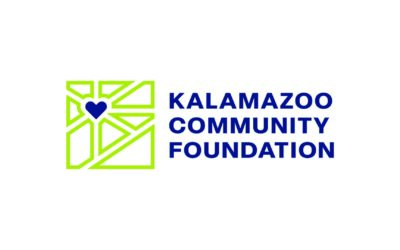Kalamazoo Community Foundation (KZCF) will distribute $1.5 million in opioid settlement funds to local nonprofits over the next three years.
Opioid Remediation Grants
After a successful partnership with the Kalamazoo County Government in 2024, KZCF was selected once again to distribute $1.5 million in opioid remediation grants to support local 501(c)(3) organizations over the next three years. Funds aim to deliver immediate support to local organizations working to address the opioid epidemic and serve individuals more impacted by opioid use in Kalamazoo County.
Grants at a Glance
$486,540 available in 2026
One-Time and Multiyear
Application Opens
August 13, 2025
Application Deadline
September 24, 2025, by 5 p.m.
Get started with this grant—it’s easy!

Apply Online
Eligible nonprofits can submit an online application (once per year) by the next deadline.

Sign Grant Agreement
The outcome of your request will be sent via email by December. If a grant is awarded, you’ll receive a grant agreement to sign and return.

Payment Sent — Keep in Touch!
Funds will be sent by January, and the first round of reporting will be due on March 1, 2026.

Have questions about this fund or grant? Ask Lily.
To learn more about Opioid Remediation Grants or get guidance with your application, contact Lily Salas via the contact form or call 269.381.4416.
Kalamazoo Rx Kids
Boldly Reimagining Support for Moms & Babies
This innovative program supports mothers and babies with a no-strings-attached cash prescription from pregnancy through a baby’s first year of life.
CURF
Community Urgent Relief Fund to the Rescue
In response to the May 7 tornadoes, our Community Urgent Relief Fund (CURF) remains open. Requests for funding are reviewed weekly, and Kalamazoo County needs your support!
Grant Resources at the Ready
Sustaining BIPOC Leadership: Prioritizing Rest & Restoration
Our shared humanity calls us to build a community where every person can be whole. Those who do the work of initiating change need space and support for their own healing and rejuvenation. Time with family, exercise, travel and rest are all necessary for a well-balanced life. By engaging in acts of restoration, our community leaders can be at their best when supporting community members.
Make a Gift That Keeps on Giving!
Contributions to KZCF ensure your gifts will continue to benefit our community forever. Help us make an impact that lasts for generations to come by giving a gift today.


